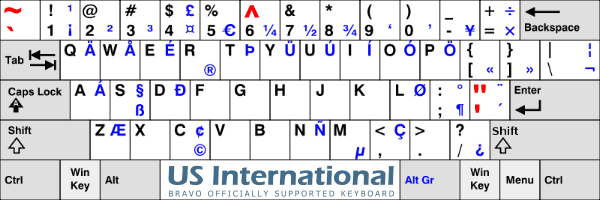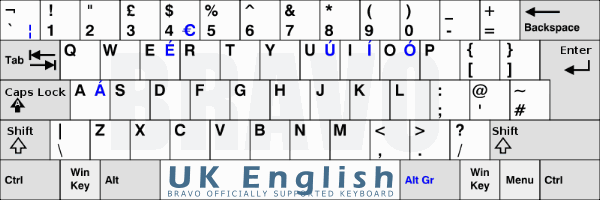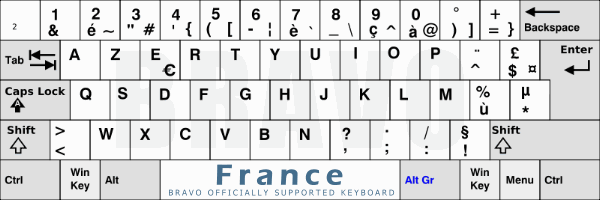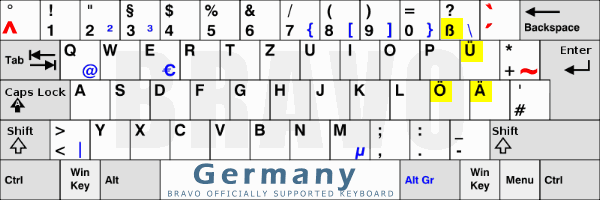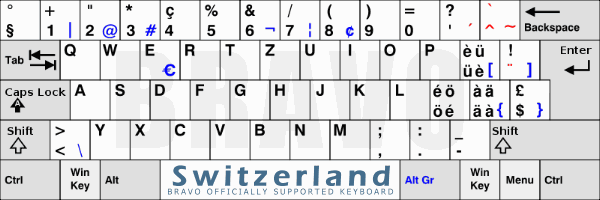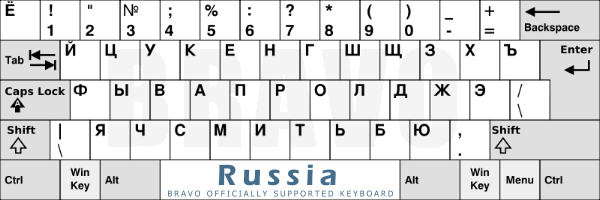 |
|||||||||||||||
| From the desk of: Sam C. Chan | |||||||||||||||
|
International Keyboard & Unicode Support Layout / OSK / IME / display
May 10, 2006
As part of our on-going efforts to internationalize our operations, I researched into the issues of international keyboards and Unicode support in applications, and on the Internet. Today, 3 of our main systems are on U.S. International Keyboard. Of course, Vicky continues to operate in her UK Standard keyboard while in London. As I increasingly find myself typing in French on various occasions, it is nice to be able to directly type accented alphabets, the guillemets (the French/Russian quotation marks), as well as the Euro and British Pound symbols, without having to resort to copy-and-paste, or entering Alt-codes. The 2 officially supported keyboard layout (and procedures) are: Since 1998 I have been able to display Chinese characters (both traditional and simplified) on at least one of my systems at any given time. Currently, we do not support any Asian language input methods, nor do we have plans to do so in the foreseeable future. The main reason being my lack of linguistic proficiency in that area.
I cannot justify the very significant efforts in learning to type (or even hand-write) Chinese at this point. The rudimentary amount of Chinese typing I have done so far, on rare occasions (mostly for novelty reasons), I "cheated" by hunting for those characters, and then copy-and-paste. On the Unicode front, we have been fully converted in-house since 2003. Our Exchange 2003 server store, and any OST/PST files on the client side have long been fully supporting Unicode. I have been researching the various Unicode-related topics, and I'm aware of the ramifications, pitfalls, workarounds, and on-going development/trends. Therefore, I'm well- poised to advise any clients in need of venturing into the International arena. Addendum: France, Germany, Switzerland and Russia June 20, 2009 Currently, I type in French and German daily, with occasional Russian. I also correspond with Switzerland. Therefore, those keyboard layouts are now officially supported. Major Sections
of US Standard
Keyboard added June
7, 2013 SEE ALSO:
|
|||||||||||||||
|
|||||||||||||||
